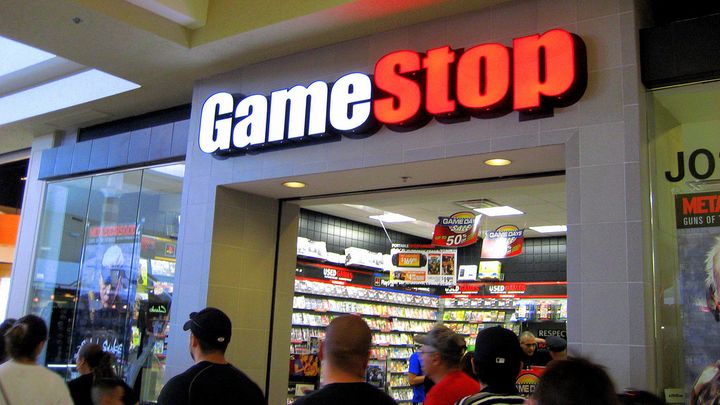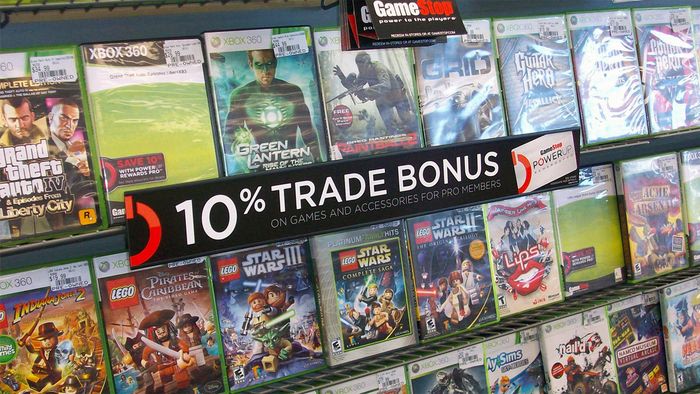
Generally speaking, hardware
manufacturers and games retailers are natural partners, seeking to
create order and control in the universe.
The console companies make the machines and the retailers sell the
machines and both profit from the sale of games for the machines.But as the nature of retail shifts, so too does the relationship between the retailers and the hardware companies, a ripple that threatens the harmony tying these powerful forces together.
As the digital era gets into full swing, it's Sony and Microsoft which become the chief beneficiaries, selling games directly to consumers without the need for mall store-fronts or even online retail hubs. The console companies become retailers. This puts them in direct competition with their chums at companies such as GameStop.
And if there is one thing competing retailers are most likely to get antsy about, it's price.
In its investor call yesterday, GameStop president Tony Bartel made a comment that can only be interpreted as a criticism of Sony's and Microsoft's digital retail strategies. "We want to help ensure that our industry does not make the same mistake as other entertainment categories by driving the perceived value of digital goods significantly below that of a physical game," he said, according to Gamasutra.
Both Microsoft and Sony have worked hard to tie consumers into digital subscription plans that come with generous game giveaways and discounts. PlayStation Plus and Xbox Live Gold offer good value to consumers by delivering up digital goods with mostly nominal costs at a low price. They also offer extreme competition to retailers, whose costs are always actual and often onerous.
Retailers are worried about cheap digital games
At this time of year, retailers are looking to sell as many video games as possible to people who are buying or receiving consoles for the first time. This becomes more difficult when consumers are being offered a wide array of hardware bundles, attractively priced, and including top-branded games. Retailers do not make much money from hardware units, and rely on software after-sales to make the exercise worthwhile.
Consumers flush with big-name games bundled in with their consoles, being offered digital discounts beamed directly into their homes, are less likely to buy full-priced games. Consumers who buy digital games are also, of course, not to be seen trading games at GameStop counters, an area which brings in the company's biggest margins.
During its call with investors, GameStop claimed that "$100 million worth of games have been digitally delivered for free in hardware bundles" so far this year. In a retailer's mind, this is all lost profit. Little wonder Bartel is miffed. He put the argument in terms of the overall health of the industry. "What we produce has value, and we should protect that value," he said.
Must Read
If Bartel is making these statements during investor calls, you an be certain more direct conversations are going on in Microsoft's, Sony's and GameSpot's meeting rooms in Redmond, San Mateo and Grapevine.
Given that GameStop managed to bring in over $2 billion in revenues in its most recent quarter, you might think this is all a touch academic. But the company missed its profits targets. Games retailers are haunted by the terrible specters of the likes of Tower Records and Blockbuster Video, once mighty physical retailers, now absent from the strip malls of America, killed off by price-cutting and digital distribution.
For console companies, retailers
must be kept sweet, while they transition themselves into an Apple-like
state of sublimation, away from the mundane bonds of physical retail. LINK




